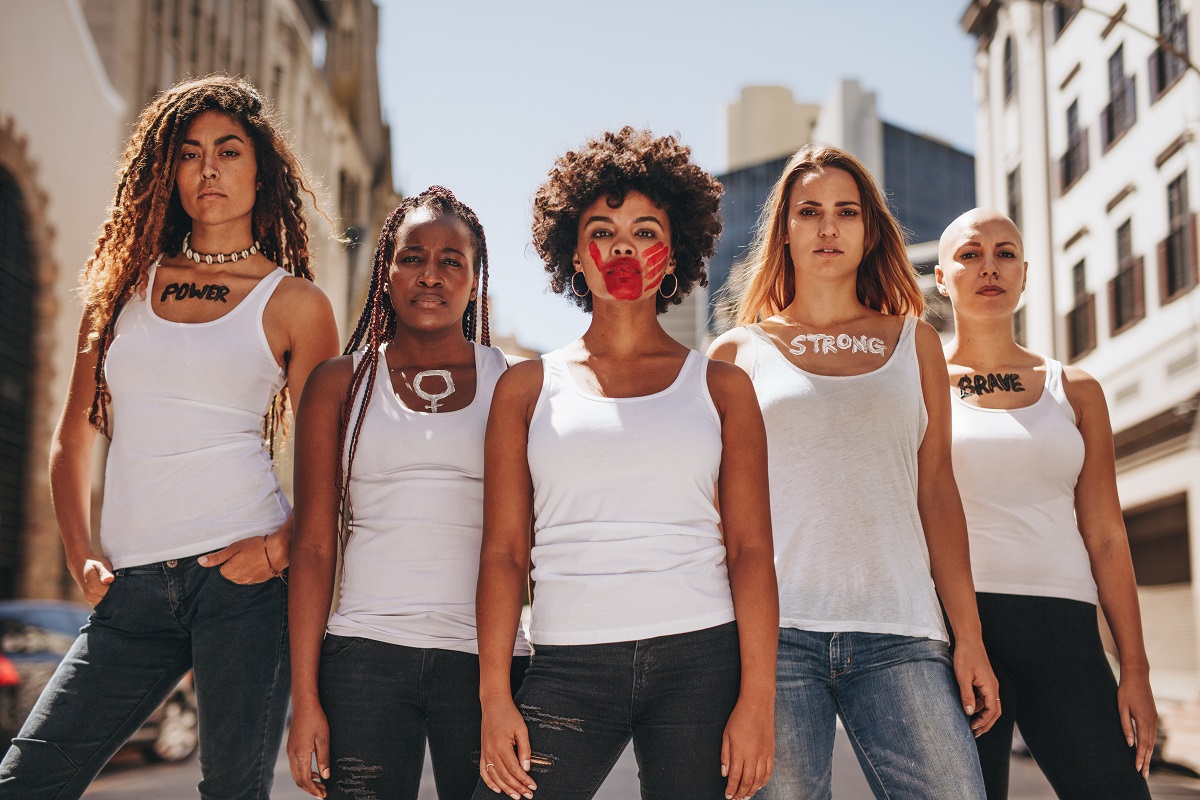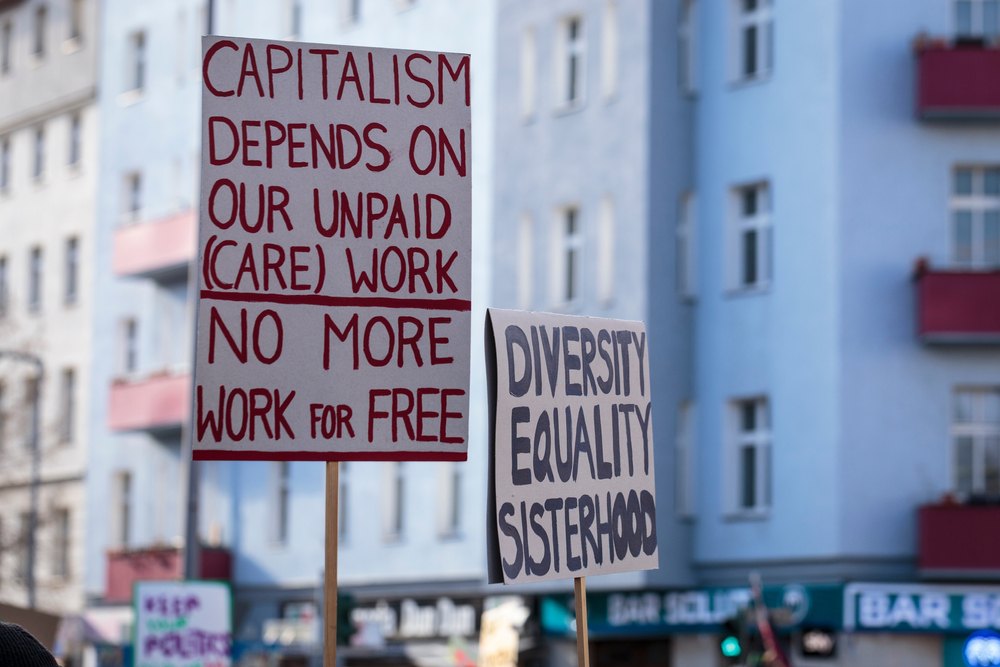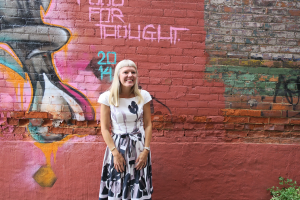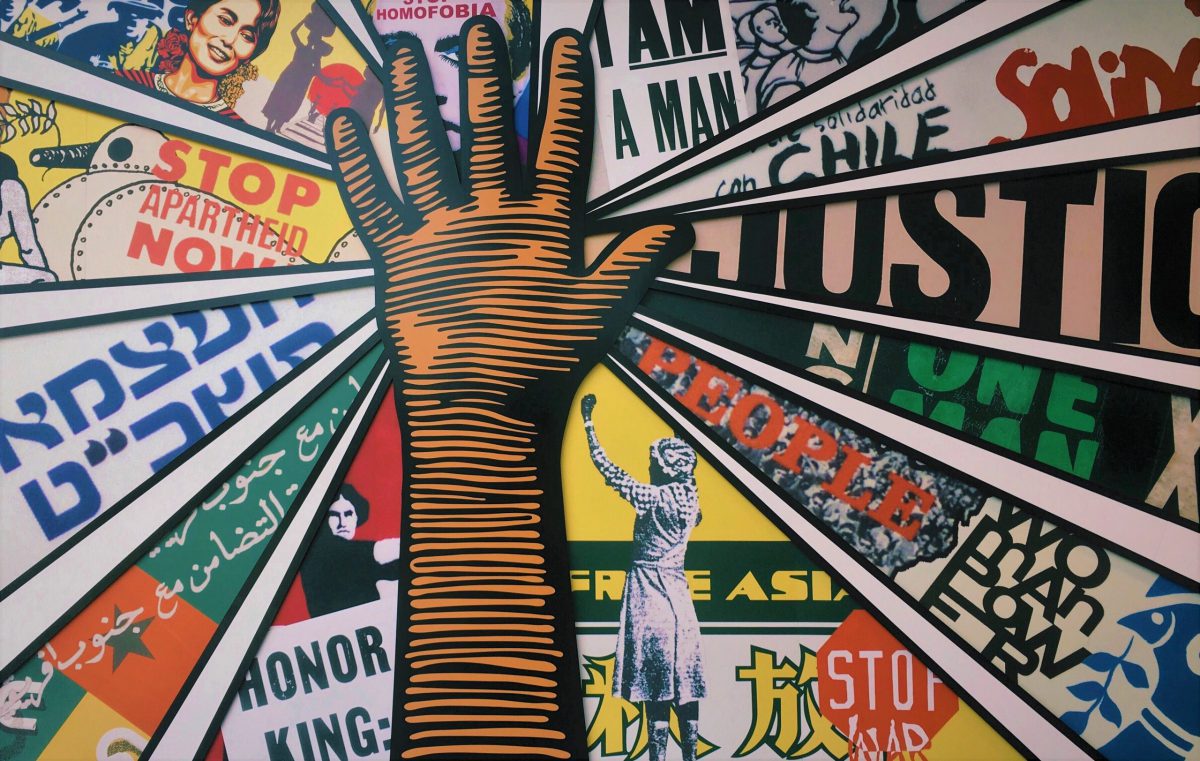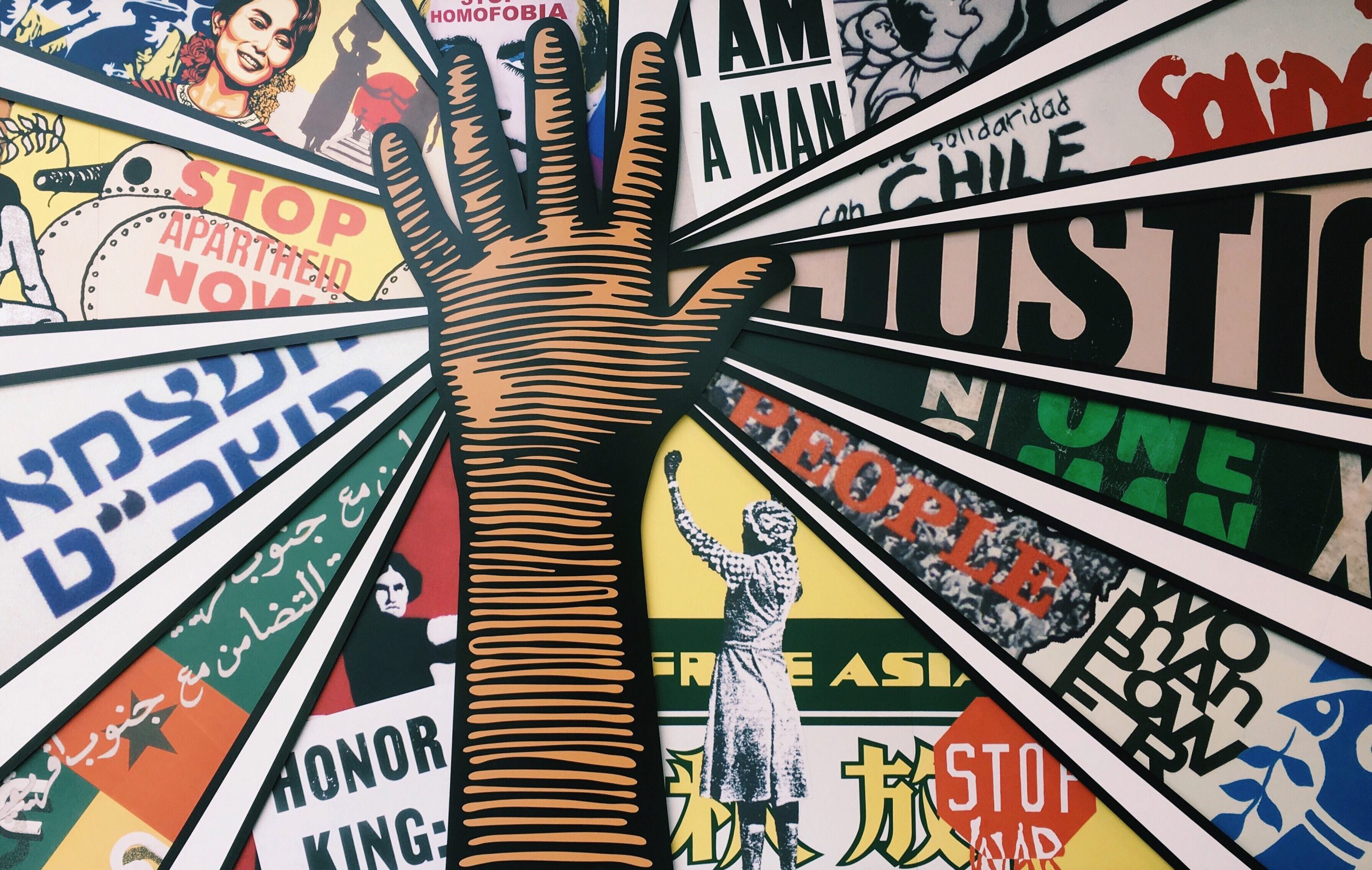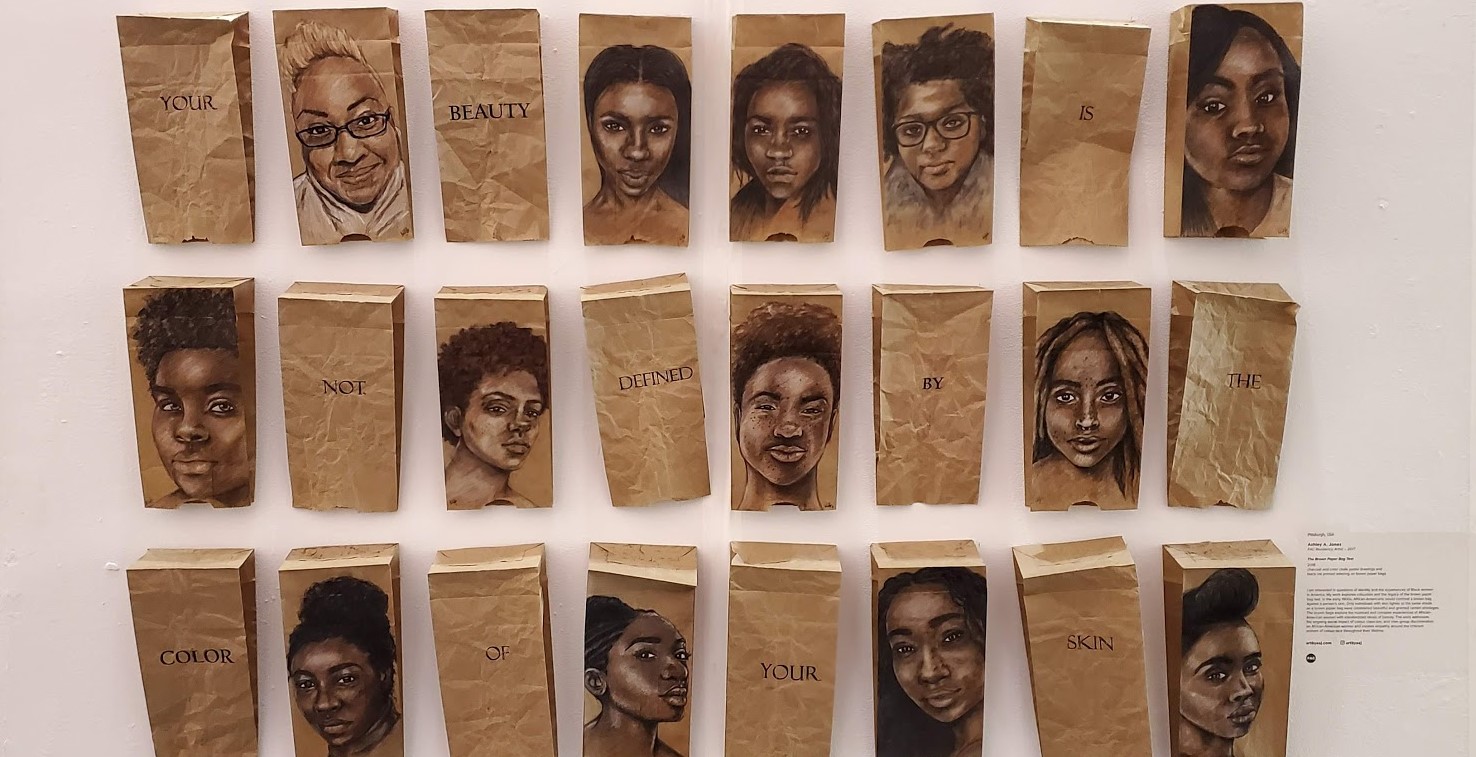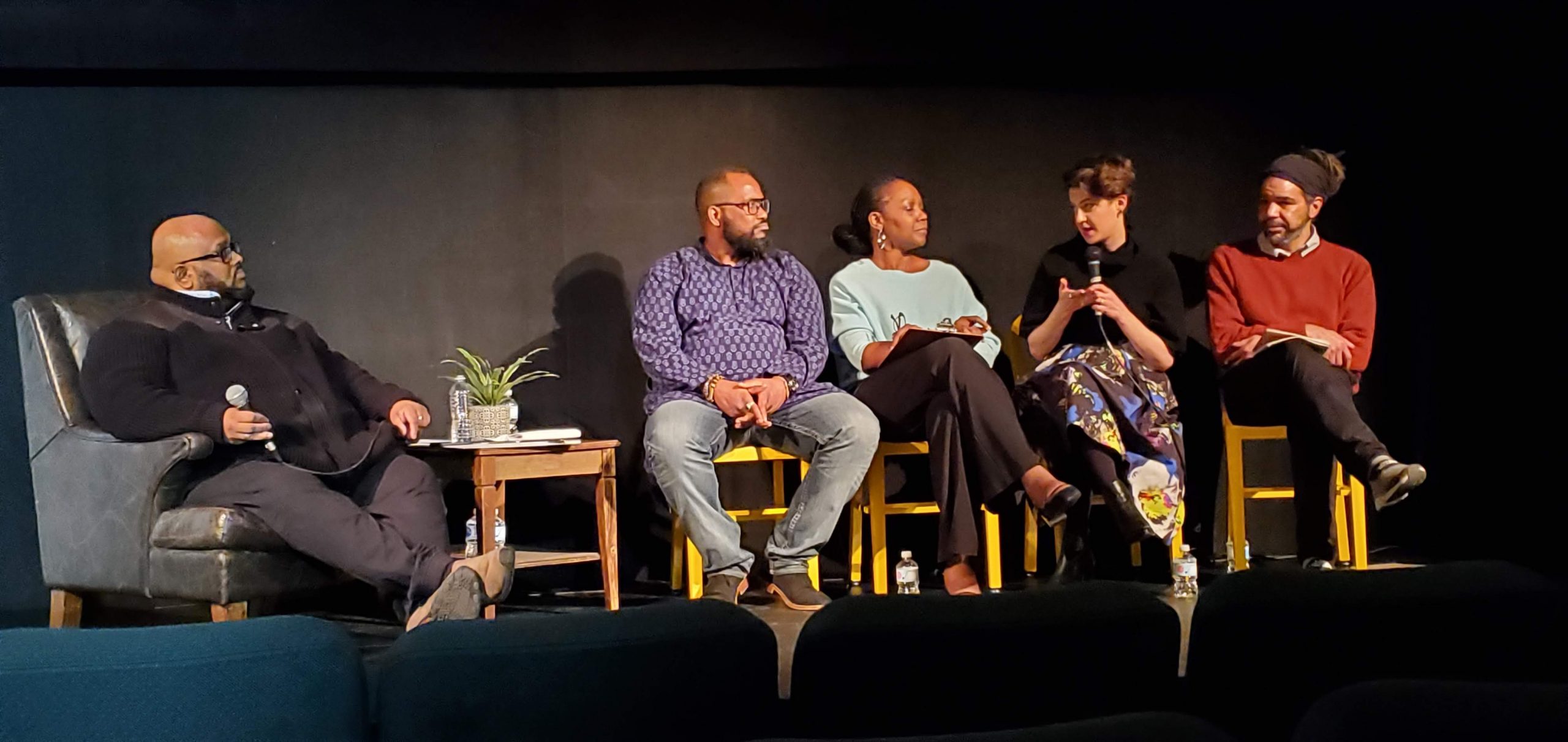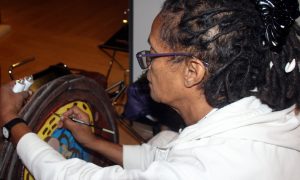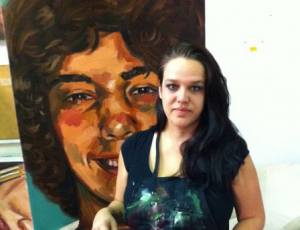
I still remember the day we began, five years ago.
LiisBeth Media was conceived, like a lot of womxn-led enterprises, in a small meeting room with flip charts, markers, oodles of red wine and, in my case, two dear friends and enterprise midwives, Valerie Hussey and Abigail Slater. Each of us had started, operated and exited $2 million to $30 million+ enterprises, but I was the only one eager to plunge in and do it all over again.
Nursing a deep, still-fresh founder-exit wound that ignited an unabiding, to be honest, rage, I needed to do something about its root cause – patriarchy.
That was 2014. And Canada’s testosterone-drenched economic policy and entrepreneurship ecosystem did not give a hoot about womxn entrepreneurs — especially those working to create stable, livable, care-centered enterprises.
In my experience, those boys’ club policies often promoted entrepreneurship to women as an escape from careers full of barriers, which, in effect, lured thousands of women out of salaried jobs with benefits and deeper into precarity, poverty and trauma without support.
Yes, I was lit. And fortunately not alone in my concerns.
I asked myself and others: What can we do to change things? Why was feminism absent in discussions about women’s entrepreneurship? How could we better support those working to dismantle and re-build the system anew-so it could work for everyone? What could mobilizing look like? What stories do we need to tell to change the narrative?
I attended numerous women’s entrepreneurship events that year to float a few radical ideas, but it seemed that attendees were there, mainly, to toke on empowerment energy. Few wanted to talk about how systems of oppression held us back. Collective action to change those systems was never on the agenda. When brave folks did stand up to at the mic to share stories of trauma, racism, sexism, or other injustices experienced as entrepreneurs, speakers — usually financially successful, privileged white women — would smile and tsk “If I can do it, so can you!”
I left these events provoked.
If so many of us were struggling, surely it wasn’t because women were “not as good as men” but because the systems were designed by men and for men to succeed — not us. I believed a way to make these systems visible was to find what was growing, unnoticed, between the cracks and hold those things up for all to see: nonconforming enterprises founded by solutionaries producing wildly imaginative, generative ideas.
Ureka.
In May 2015, LiisBeth Media signed with Merian Media led by Meredith Brooks, to build the LiisBeth site.

We published our first article on the site in Sept 2015. As the founder, I wrote it. Because we didn’t have the money to pay someone else to do it- yet.
We launched officially in February with writer and editor Margaret Webb serving (we joke) as the curmudgeonly “Lou Grant” to my overly optimistic “Mary Tyler Moore”. Webb also wrote the first feature, Diversity Rules, about Rajkumari Neogy, a Silicon Valley diversity consultant.


What have we learned?
You can read about some of what we learned in How to Be in Right Relationship With Your Enterprise, Slow Growth, and Gaslighting. But here’s another thing or two we picked up along the way.
1
Businesses are essentially communities. You can’t do anything without community. And communities are relationships—not just easy ones but hard and painful ones. Without these relationships, there is no business, no resilience and certainly no fun.
2
Most of the value an enterprise creates can’t be accounted for on a balance sheet. We have yet to figure out how to value connections, care of people, strengthened ecosystems. Society continually undervalues –even forgets the feminist economy and activist work.
3
A micro-business (defined by Stats Canada as one that employees 1-4 people) is not only a real business, it’s a challenging, complex Starship Enterprise. The average micro-entrepreneur leverages a tech stack of 20 to 30 apps, programs, and platforms, without an IT department. If you are in business right now, you are a freakin’ genius. So many womxn entrepreneurs are told scale is king—when really complexity deserves the crown.
4
Making money is fair game—but capitalism serves straight, white patriarchy and actively undermines the rest of us. Still many founders and business womxn of all backgrounds vote for Trump-like policies — minimum wage cuts,tax breaks, environmental deregulation, policies that enable exploitation of others – because they believe it’s good for business. It’s not. It’s good for the 10 percent. For the other 90 per cent to thrive, we must work every day to re-invent entrepreneurship and government to serve a coming post-capitalist, post-patriarchal world in which we can all flourish.
5
Society and governments need healthy enterprises. Enterprises need healthy societies and healthy governments. Capitalism would have you believe government is the enemy. A lot of business leaders talk anti-government shit. Their neoliberal, winner-deserves-all rant is self-serving. We have witnessed supportive and impactful collaborations between government and womxn entrepreneur organizations at all levels. It’s all about a new social contract.
In my experience, those boys’ club policies often promoted entrepreneurship to women as an escape from careers full of barriers, which, in effect, lured thousands of women out of salaried jobs with benefits and deeper into precarity, poverty and trauma without support.
Yes, I was lit. And fortunately not alone in my concerns.
I asked myself and others: What can we do to change things? Why was feminism absent in discussions about women’s entrepreneurship? How could we better support those working to dismantle and re-build the system anew-so it could work for everyone? What could mobilizing look like? What stories do we need to tell to change the narrative?
I attended numerous women’s entrepreneurship events that year to float a few radical ideas, but it seemed that attendees were there, mainly, to toke on empowerment energy. Few wanted to talk about how systems of oppression held us back. Collective action to change those systems was never on the agenda. When brave folks did stand up to at the mic to share stories of trauma, racism, sexism, or other injustices experienced as entrepreneurs, speakers — usually financially successful, privileged white women — would smile and tsk “If I can do it, so can you!”
I left these events provoked.
If so many of us were struggling, surely it wasn’t because women were “not as good as men” but because the systems were designed by men and for men to succeed — not us. I believed a way to make these systems visible was to find what was growing, unnoticed, between the cracks and hold those things up for all to see: nonconforming enterprises founded by solutionaries producing wildly imaginative, generative ideas.
Ureka.
In May 2015, LiisBeth Media signed with Merian Media led by Meredith Brooks, to build the LiisBeth site.

We published our first article on the site in Sept 2015. As the founder, I wrote it. Because we didn’t have the money to pay someone else to do it- yet.
We launched officially in February with writer and editor Margaret Webb serving (we joke) as the curmudgeonly “Lou Grant” to my overly optimistic “Mary Tyler Moore”. Webb also wrote the first feature, Diversity Rules, about Rajkumari Neogy, a Silicon Valley diversity consultant.

Valerie Hussey gave our early editorial heft with a series of columns about feminist business values and practices, starting with “How to Embed Feminist Values in Your Company.”
Then, came November 8th, 2016. I was at an election party along with 30 or so others, at the home of SheEO founder Vicky Saunders. We drank champagne around a life-size cardboard figure of Hillary Clinton, excited to see the first woman elected US president. By eleven o’clock, we realized the unthinkable – the US would elect, instead, a serial harasser of woman, a racist, and neofascist.
What I loved about the U.S, having lived and worked in New York for three years, was its relentless thirst for firsts. That night, I went home early and cried.
Yet, almost immediately, the smoldering feminist movement caught fire across North America. The next morning, many of the 300-plus women entrepreneurs attending the first-ever national women’s entrepreneurship conference in Toronto showed up wearing black. We were in mourning, and we compelled the mistress of ceremonies to interrupt the proceedings and acknowledge the catastrophic psychic blow we had just suffered. In January, more than one million marched on Washington to denounce Trump; 60,000 came out to the women’s march in Toronto; similar protests erupted around the world. Feminist blogs, newsletters, and TV shows sprang up.
If there was a positive to Trump’s election, he dragged into the open what we had struggled to see. He embodied what we needed to fight against: systemic sexism, racism, colonialism, exploitive capitalism – and on and on.
LiisBeth was born into this tumultuous year — the timing could not have been better on some levels. Yet, surviving as a reader-supported feminist media venture has been far from easy.
For two years, the magazine was the result of kitchen table efforts by mostly myself, Margaret, and a handful of contributors – Priya Ramanujam, Mai Nguyen, and others we recruited. We survived on part-time hours, volunteer time, a DYI ethos, and $3-per-month subscriptions.
The magazine grew-slowly like a spindly pine tree seedling determined to survive on a patriarchal and capitalism scorched earth.
In 2018, we invited writer and video producer Lana Pesch to our team as newsletter editor and contributor – she’s now host of the The Fine Print in our new online community, the Feminist Enterprise Commons.
It’s 2021—Where are we now?
The conversation about women’s entrepreneurship in Canada has made meteoric gains in the last five years. LiisBeth worked towards sustainability hand in hand with these organizations: SheEO (2015), the Women’s Entrepreneurship Strategy (2019), the Women’s Entrepreneurship Knowledge Hub (2019), the Canadian Women’s Chamber of Commerce (2019), and countless grassroots women’s entrepreneurship support groups, networks and programs (some serving as consciousness raising groups), plus new women-led venture funds.
We jumped into action, writing about these new players and spaces – helping make them visible, amplifying their more radical voices. And together, we sharpened critical thought; forged allies; deepened intersectional thinking; shone a spotlight on bold changemakers; tackled social injustice; celebrated triumphs; collaborated and shared research; pushed each other to be better through debate and healthy conflict. We flexed muscle to show what women could bring to the table; raised a bit of rage; and found comfort in good old-fashioned grassroots sistering.
This was feminist-led and feminist informed work.
Today, Canada’s diverse pluralistic one-million-plus women entrepreneurs have far more choices regarding funded, diverse programs and supports to help design, grow and sustain their ventures — on their own terms.
But the work is far from done. As American civil rights lawyer Florynce Kennedy said: “Freedom is like taking a bath. You got to keep doing it every day.”
The pandemic has made that clear, with women getting slammed. Womxn entrepreneurs, a constituency growing at double digit rates, will have to rally and fight for new initiatives and policies to ensure the progress made over the past five years continues.
Back to LiisBeth
Today, LiisBeth Media has 30,000 unique annual readers (20 per cent ahead of last year), 2,800 newsletter subscribers, and about 10,000 followers on our various social channels. We have published more than 300 features and 70 newsletters since we started. More than 35 per cent of our articles feature Black, Indigenous or women of colour entrepreneurs (BIWOC); 40% of our articles are written by BIWOC journalists and writers. We pay our contributors above average rates in our sector and pay fast – in days, not months.
We have been top three finalists — twice — in the Canadian Digital Publishing Awards competition in the General Excellence category for small publications. We launched the Feminist Enterprise Forum (FEC), a new online community in 2020, and just invested in migrating to a new platform. We achieved break even (on a five-figure budget) in 2020.
(Video: The way we were ….before COVID-19)
The fact that we are still here after five years puts us in a rare category for both startups and media: survivor. Now we are working towards the next stage: thriving.
We believe we can get there by adjusting our business model and deepening relationships with our allies, creators and diverse enterprise founders. We aim to be the go-to, womxn-led/owned media outlet for radical womxn entrepreneurs engaged in deep systems-change work.
Reflect, Recharge, Repeat
The world that lit the spark of LiisBeth is not the same world that LiisBeth Media now lives in.
As the founder, I am more certain than ever that we need to create fight for more support for safe, brave spaces for diverse womxn entrepreneurs, enterprise leaders, feminists, activists and critical thought leaders to tackle challenges ahead.
We must build a healthier, more just economy. This change won’t come from multi-national corporations designed to produce profits for shareholders, at the expense of everything else.
The change we seek will be driven by a plethora of diverse, connected communities supported by local livable, care-centered thriving small enterprises.
And we will be here to tell this revolutionary story.
Time to get back to work.

What have we learned?
You can read about some of that in How to Be in Right Relationship With Your Enterprise, Slow Growth, and Gaslighting. But here’s another thing or two we picked up along the way.
1
Businesses are essentially communities. You can’t do anything without community. And communities are relationships—not just easy ones but hard and painful ones. Without these relationships, there is no business, no resilience and certainly no fun.
2
Most of the value an enterprise creates can’t be accounted for on a balance sheet. We have yet to figure out how to value connections, care of people, strengthened ecosystems. Society continually undervalues –even forgets the feminist economy and activist work.
3
A micro-business (defined by Stats Canada as one that employees 1-4 people) is not only a real business, it’s a challenging, complex Starship Enterprise. The average micro-entrepreneur leverages a tech stack of 20 to 30 apps, programs, and platforms, without an IT department. If you are in business right now, you are a freakin’ genius. So many womxn entrepreneurs are told scale is king—when really complexity deserves the crown.
4
Making money is fair game—but capitalism serves straight, white patriarchy and actively undermines the rest of us. Still many founders and business womxn of all backgrounds vote for Trump-like policies — minimum wage cuts,tax breaks, environmental deregulation, policies that enable exploitation of others – because they believe it’s good for business. It’s not. It’s good for the 10 percent. For the other 90 per cent to thrive, we must work every day to re-invent entrepreneurship and government to serve a coming post-capitalist, post-patriarchal world in which we can all flourish.
5
Society and governments need healthy enterprises. Enterprises need healthy societies and healthy governments. Capitalism would have you believe government is the enemy. A lot of business leaders talk anti-government shit. Their neoliberal, winner-deserves-all rant is self-serving. We have witnessed supportive and impactful collaborations between government and womxn entrepreneur organizations at all levels. It’s all about a new social contract.
Related Reading

When a Catalyst Becomes an Inhibitor
Catalyst Canada defends its choice to appoint another male bank CEO to be its board chair, saying leaving women’s advancement up to men who have a lot of people working for them is a good strategy. But is it? More importantly, has it worked?

When Those Who Lead Fall Behind
“…today we are increasingly aware of the negative impact and rising cost of inequality and exclusion in our society.
The Problem with Bro-preneurship: On Display at Montreal’s Startupfest
Bro-preneurship culture is a recognized barrier to inclusion, so why do men over 40 still encourage it?



